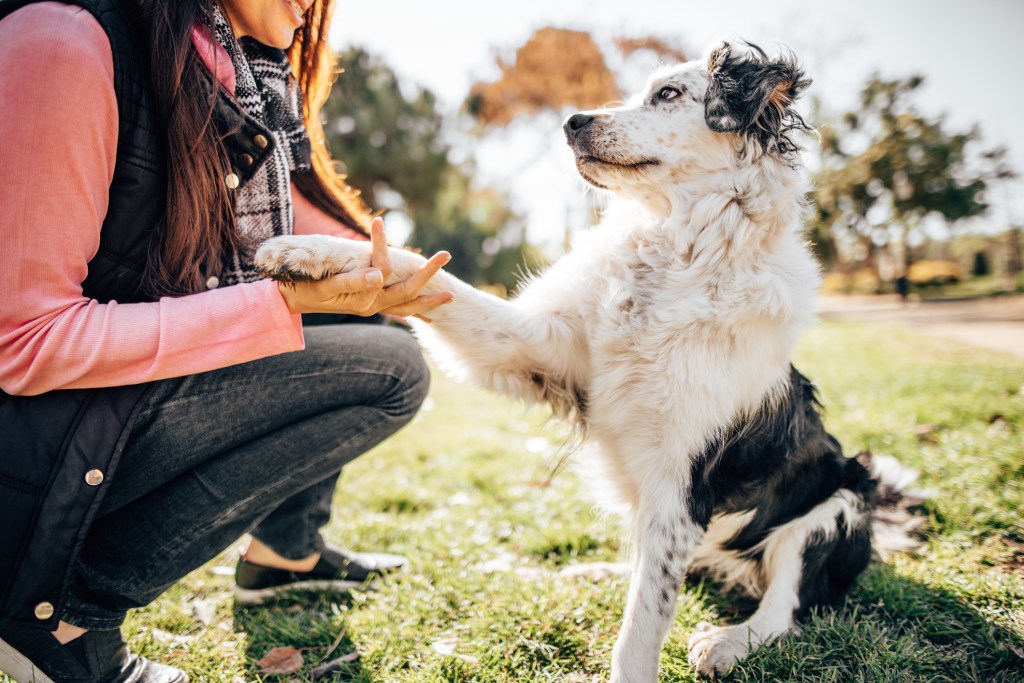When considering adding a dog to your home, it’s important to acknowledge that some dog breeds may present less of a challenge in terms of training and temperament. These dogs tend to be more adaptable, responsive to training, and resilient, readily overcoming any training hiccups or inconsistencies. As one might expect, these breeds may be good for novice dog owners.
Conversely, certain dogs may pose greater difficulties, particularly for first-time owners. Factors such as heightened sensitivity, independence, energy levels, or assertiveness can contribute to a more demanding ownership experience. Novice dog owners should assess their level of experience and comfort when selecting a new pet, ensuring compatibility with their lifestyle and capabilities for a mutually rewarding relationship.
Tips for first-time or novice dog owners

For first-time or novice dog owners, pet ownership can be both exciting and daunting. As a bit of advice, research breeds thoroughly before bringing a dog home. Each breed has their unique traits, energy levels, and care requirements. Consider factors such as size, exercise needs, grooming demands, and temperament to find a breed that aligns with your lifestyle and preferences.
Prioritizing training and socialization at an early age is essential. You may want a breed who is more easy to train or perhaps possesses a lower energy level. Establishing clear boundaries and expectations early on lays the foundation for a well-behaved and well-adjusted dog. Basic obedience training such as teaching commands like sit, stay, and come, is crucial for effective communication and building a strong bond with your new best friend. Additionally, exposing your dog to various environments, people, and other animals helps prevent behavioral issues and promotes confidence and adaptability. Consistent care, patience, and love are key ingredients for a fulfilling and rewarding relationship with your dog.

























